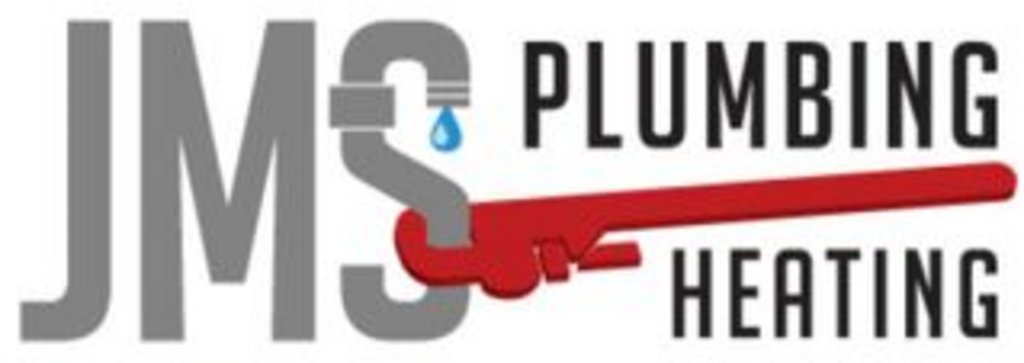When it comes to your home or business, the plumbing system is one of the most essential yet overlooked components.
Pipes, fixtures, water heaters, and drains quietly do their jobs behind the scenes—until something goes wrong. A burst pipe, leaking faucet, or failing water heater can turn into a costly, disruptive emergency. That’s where preventive plumbing maintenance comes in.
Investing in regular plumbing checkups might seem unnecessary when everything appears to be working fine. But in reality, preventive maintenance is one of the smartest financial decisions you can make as a property owner. Here’s why:
Avoid Expensive Emergency Repairs
Emergency plumbing services often come with premium price tags—especially after hours, on weekends, or holidays. A pipe that bursts in the middle of the night can cost hundreds, if not thousands, in repairs and water damage mitigation. With regular maintenance, your plumber can spot early warning signs and fix small problems before they escalate.
Example: A small pipe crack caught during a routine inspection may cost $150 to repair. If left unchecked, and it bursts, you could be looking at $3,000+ in plumbing and water damage repairs.
Extend the Life of Your Plumbing System
Just like oil changes keep your car running longer, preventive plumbing care helps your system last years longer. Regular inspections and cleanings keep corrosion, mineral buildup, and wear-and-tear from cutting your plumbing’s lifespan short.
Benefits Include:
-
Longer lifespan for water heaters
-
Reduced corrosion in pipes
-
Fewer appliance breakdowns (dishwashers, washing machines, etc.)
3. Lower Your Utility Bills
Leaks, even tiny ones, can waste a surprising amount of water. A single dripping faucet can waste over 3,000 gallons per year, while a running toilet can use up to 200 gallons a day. That adds up quickly on your water bill.
With preventive maintenance, plumbers can:
-
Detect and fix hidden leaks
-
Check the water pressure
-
Test fixtures for efficiency
-
Recommend water-saving upgrades
4. Prevent Water Damage and Mold
Unnoticed leaks behind walls, under sinks, or around appliances can cause significant water damage over time. This leads not only to structural damage but also creates an ideal environment for mold growth, posing health risks and necessitating costly remediation.
Preventive checks can help avoid:
-
Rotting wood and drywall
-
Mold infestations
-
Floor and ceiling damage
5. Keep Your Home or Business Running Smoothly
For homeowners, plumbing issues are a major inconvenience. For business owners, they can disrupt operations, upset customers, and even force temporary closures.
Benefits of maintenance:
-
Peace of mind knowing everything is in working order
-
Fewer disruptions from surprise breakdowns
-
Ability to plan and budget for future upgrades instead of scrambling to fix crises
6. Catch Issues Before They Worsen
Small issues like slow drains, minor clogs, or a noisy water heater can be signs of bigger problems on the horizon. Regular maintenance ensures that these red flags aren’t ignored and become more costly later.
Routine checks typically include:
-
Drain cleaning
-
Leak detection
-
Water heater flushing
-
Pressure testing
-
Valve inspections
7. Maintain Home Value and Insurance Compliance
A well-maintained plumbing system boosts your property’s value and makes it more attractive to buyers. Plus, some insurance providers require proof of system maintenance, especially after claims involving water damage.
Bonus Tip: Keep documentation of all plumbing services—it can help during insurance claims or when selling your home.
A Little Maintenance Goes a Long Way
Preventive plumbing maintenance may not be the most glamorous part of homeownership, but it’s one of the most important—and cost-effective. By investing a small amount each year into checkups and tune-ups, you can avoid big bills, preserve property value, and enjoy peace of mind.
Pro Tip: Ask your local plumber about a yearly maintenance plan—it often comes at a discount and keeps you on track without needing to remember appointments.




